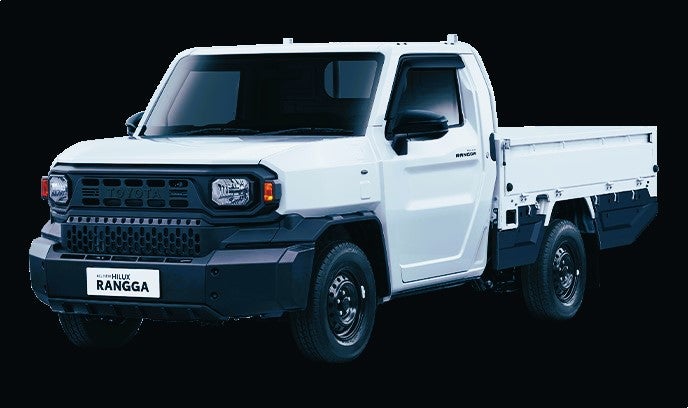Toyota Motor recently introduced a new entry-level pickup truck in Indonesia, known as the Hilux Rangga. This move is aimed at boosting the popularity of Toyota’s pickup truck range among small businesses and private buyers in the country. The local distributor, PT Toyota-Astra Motor (TAM), describes the Hilux Rangga as a versatile and reliable mobility solution catering to various business needs and personal use.
The Hilux Rangga, first showcased at the Gaikindo Indonesia International Auto Show last year, features a fresh body design and can carry a payload of 1.2 tons. It is available with two engine options: a 2.0L 1TR-FE petrol unit and a 2.4L 2GD-FTV diesel unit. These vehicles are imported as built-up units from Thailand, filling the gap left by the discontinuation of the locally-made Kijang-based pickup truck two decades ago. TAM plans to establish a conversion ecosystem by collaborating with over 70 local body builders.
The pricing for the Hilux Rangga starts at IDR189m (US$12,240) for the base 2.0L petrol model with a manual transmission, while the top-tier 2.4L diesel model is priced at IDR245m (US$15,900). In comparison, the existing single cab Hilux 2.4L diesel model is priced at IDR408m (US$26,400).
Hiroyuki Ueda, TAM’s president director, highlighted the significance of the Hilux Rangga launch, stating, “Today marks an important milestone for TAM because we officially launch a vehicle specifically designed to support the wider mobility needs of the Indonesian people and contribute to the welfare of all. As a mobility company, Toyota strives to provide ‘Mobility for All’ by presenting the all-new Hilux Rangga as an agile, reliable mobility solution designed to meet the diverse needs of individuals, businesses, and communities.”
In conclusion, Toyota’s introduction of the Hilux Rangga in Indonesia signifies a strategic move to cater to the evolving needs of the market and strengthen its position in the pickup truck segment. With its focus on versatility, reliability, and affordability, the Hilux Rangga is poised to make a significant impact on the Indonesian automotive industry.







